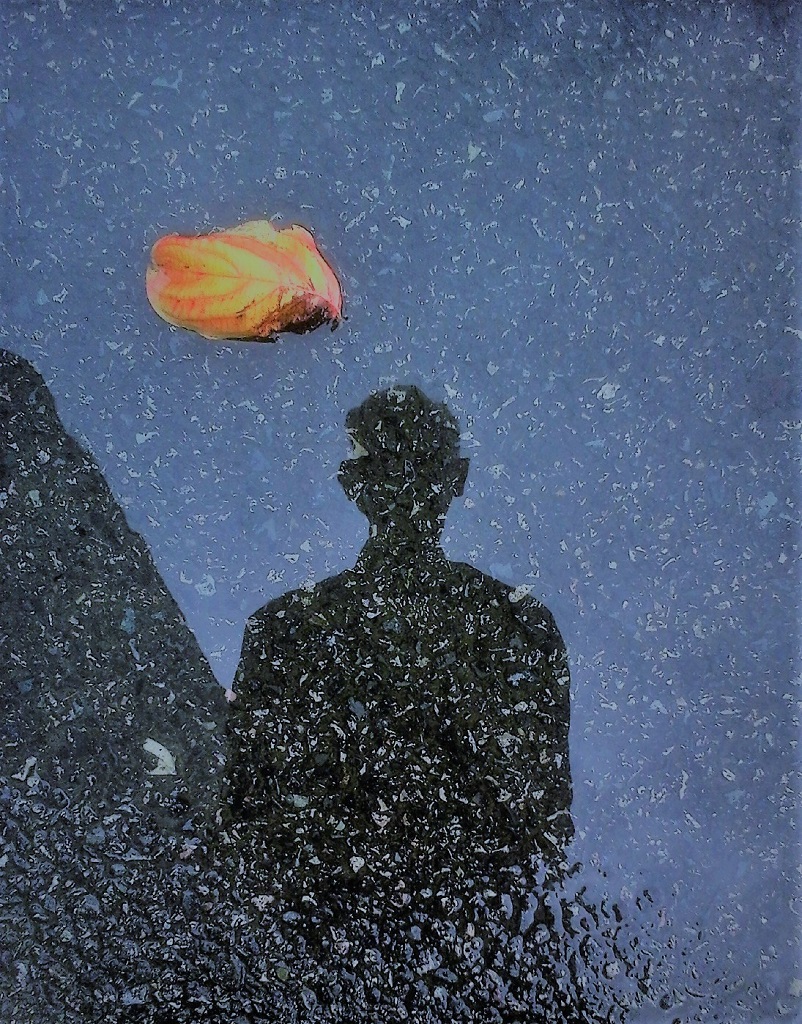Alternatives
Do you believe that there are certain fundamental tensions in human nature, that these tensions are intractable, that the challenge of surviving these tensions reasonably well is essentially what living a good life means, and that finding one’s way through these incongruities of our nature is possible only or primarily at the individual level, which is not to say in isolation, but rather...









